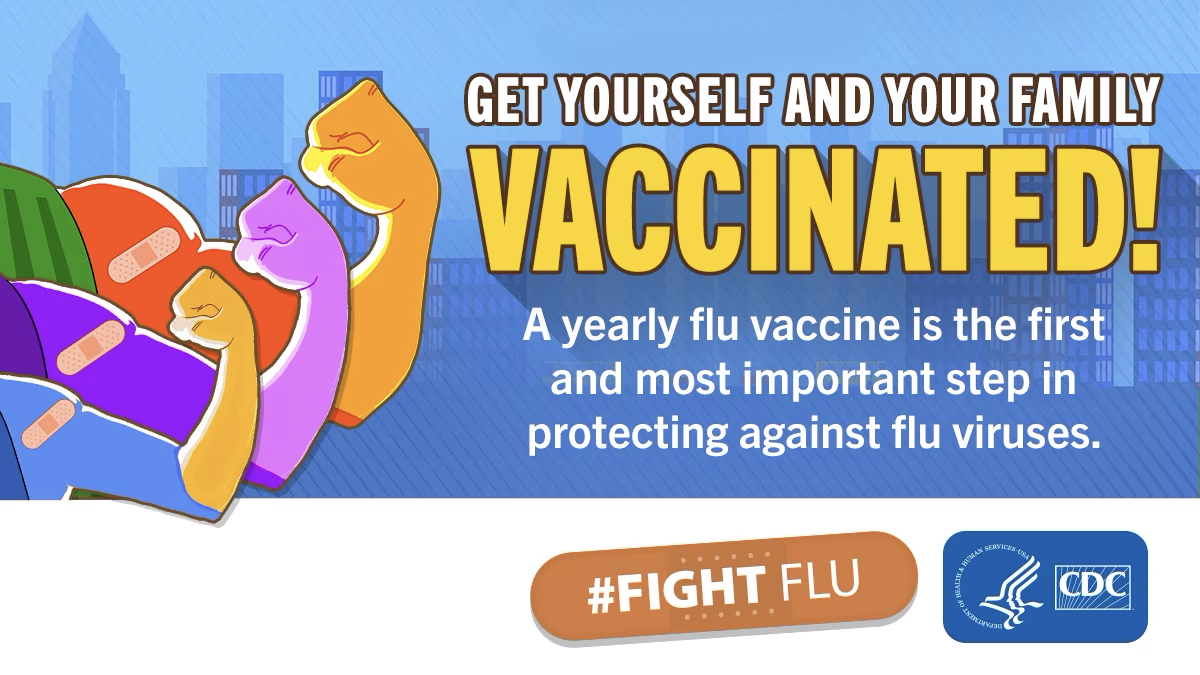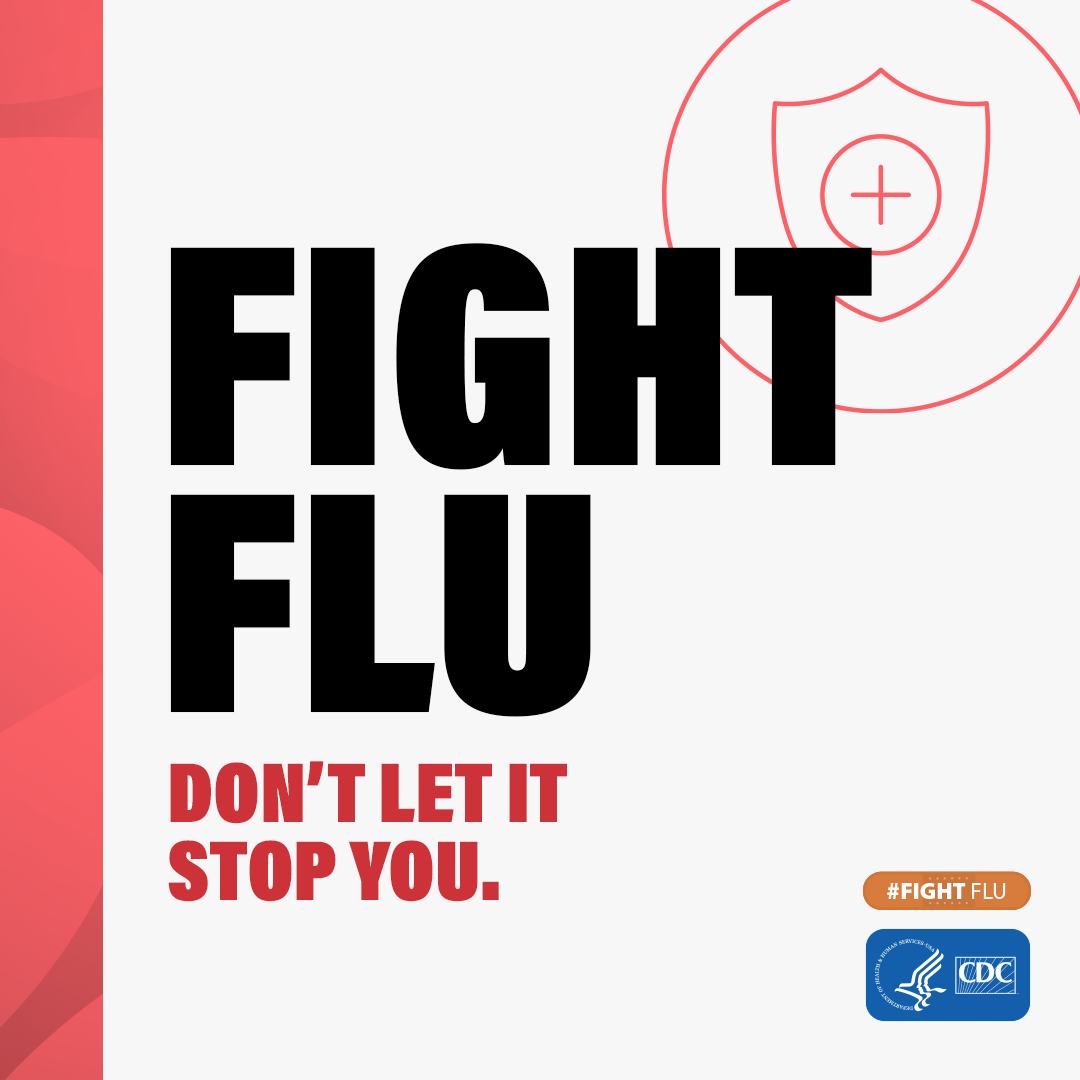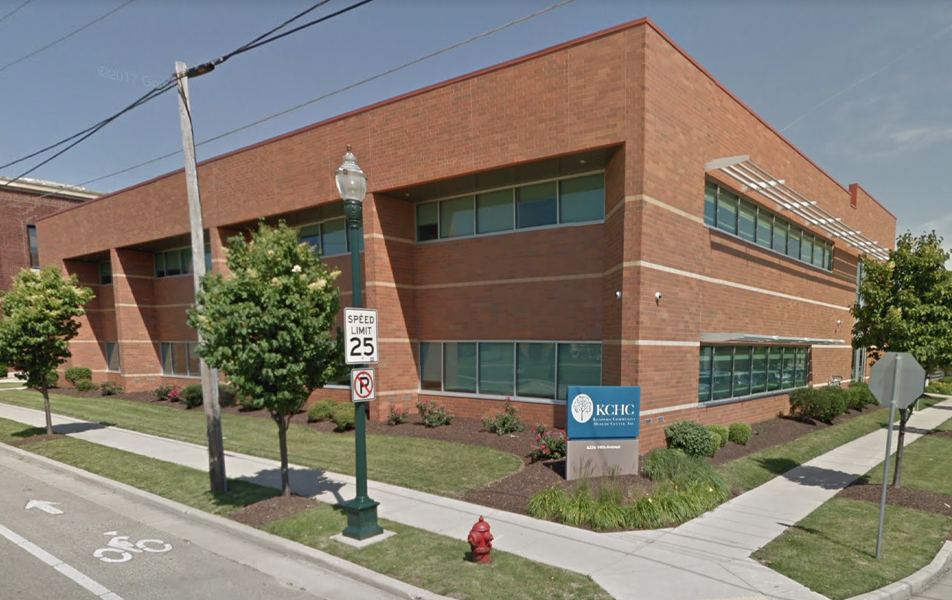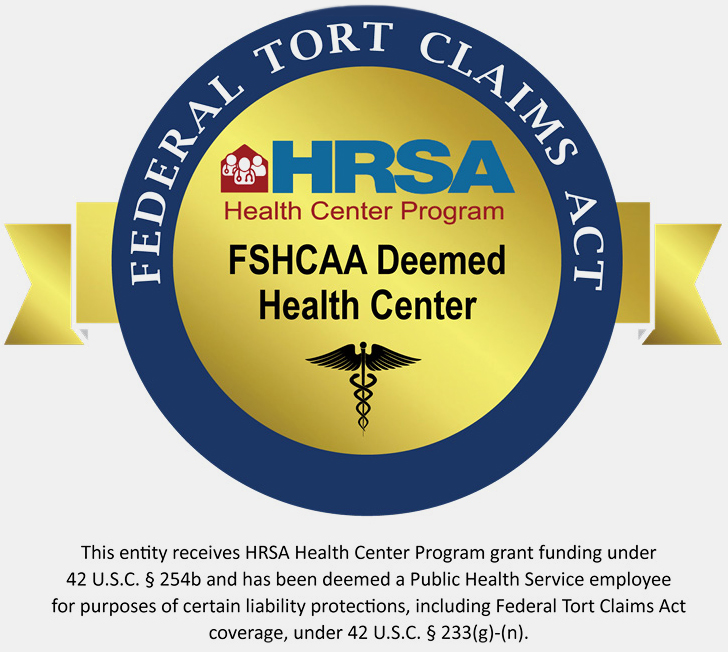
Flu season is upon us, and it’s crucial for families in Kenosha, Racine, and Walworth Counties, Wisconsin, to stay informed about the risks and preventive measures against influenza.
Flu shot appointments are available now at the Pillar Health and Kenosha Community Health Center locations: 4006 Washington Rd. in Kenosha, 4536 22nd Ave. in Kenosha, and 903 2nd Street in Silver Lake. Call 262-656-0044 to schedule an appointment.
Influenza, or flu, is a contagious respiratory illness caused by influenza viruses that can lead to severe health complications, particularly in children and individuals with certain underlying health conditions. In this blog, brought to you by Pillar Health and the Kenosha Community Health Center, we will provide essential information on flu prevention, symptoms, treatment, and more, all supported by the Centers for Disease Control and Prevention (CDC) statistics.
Understanding the Severity of Flu
Flu is not just a common cold; it can strike suddenly and range from mild to severe. Children under 5 years of age and those with specific long-term health conditions, such as asthma, diabetes, or neurological disorders, are at a higher risk of developing severe flu-related complications, including pneumonia, bronchitis, sinus and ear infections.
How Does Flu Spread?
Flu viruses primarily spread through respiratory droplets expelled when an infected person coughs, sneezes, or talks. Infection can also occur by touching surfaces contaminated with flu viruses and subsequently touching the mouth, eyes, or nose.
Recognizing Flu Symptoms
Flu symptoms can include fever, cough, sore throat, runny or stuffy nose, body aches, headache, chills, fatigue, and sometimes vomiting and diarrhea (more common in children). Notably, some individuals with the flu may not exhibit a fever.
Identifying Those at Highest Risk for the Flu
While influenza can impact individuals of all ages, certain groups are particularly vulnerable for experiencing severe complications:
- Young Children: Children under 5 years of age, especially those under 2, are more susceptible to flu-related complications due to their developing immune systems.
- Individuals with Chronic Health Conditions: People with long-term or multiple health problems such as asthma, diabetes, heart disease, and disorders of the brain or nervous system are at higher risk. The flu can exacerbate these conditions, leading to severe health issues.
- Pregnant Individuals: Pregnancy weakens the immune system, making pregnant individuals more prone to flu complications. It’s crucial for pregnant women to get vaccinated to protect both themselves and their newborns.
- Seniors: Adults aged 65 and older are at an increased risk of flu complications because the immune system naturally weakens with age.
- Residents of Long-term Care Facilities: Those living in nursing homes and other long-term care facilities are more likely to be exposed to flu and its complications due to close living quarters.
To safeguard your family from the flu, follow these essential guidelines:
- Get a Flu Vaccine: Annual flu vaccination is the most effective way to protect yourself and your loved ones. CDC recommends flu shots or nasal spray flu vaccines for individuals aged 6 months and older. This is especially crucial for those with underlying health conditions, pregnant individuals, and everyone in your household. Flu shot appointments are available now at the Pillar Health and Kenosha Community Health Center locations: 4006 Washington Rd. in Kenosha, 4536 22nd Ave. in Kenosha, and 903 2nd Street in Silver Lake. Call 262-656-0044 to schedule an appointment. If you already have an appointment scheduled, the care team will offer you the opportunity to receive the flu vaccine and any others you may qualify for.
- Vaccine Safety: Flu vaccines have a proven safety record and have been administered safely for decades. Various vaccine options are available for different age groups, and they are updated annually to match prevalent flu strains.
- Benefits of Vaccination: Getting vaccinated reduces the risk of getting sick with the flu by about 40 to 60%. It can prevent hospitalization and be life-saving, particularly for those with underlying health conditions. Additionally, vaccination may make the illness milder if contracted and protect vulnerable individuals in the community.
- Practice Good Hygiene: Encourage everyone in your household to follow everyday preventive actions like covering coughs and sneezes, frequent handwashing with soap and water, avoiding touching their faces, and cleaning frequently-touched surfaces.
What to Do If Someone Gets Sick
If someone in your family develops flu symptoms, consult a healthcare professional early, especially if they have a fever and/or cough. Ensure they get enough rest and stay hydrated. Children under 5, especially those under 2, and those with underlying health issues should receive prompt antiviral treatment if they display flu symptoms.
Recognizing Emergency Warning Signs
It’s crucial to be vigilant and seek immediate medical attention if anyone in your family exhibits any of the following emergency warning signs:
- Fast or troubled breathing
- Bluish colored lips or face
- Chest pain
- Severe muscle pain
- Dehydration
- Altered mental state
- Seizures
- Fever above 104°F
- Fever or cough improvement followed by relapse
- Worsening of chronic medical conditions
Understanding Antiviral Medications
Antiviral drugs are prescription medicines that can shorten the duration of flu and prevent severe complications. They are most effective when started within the first two days of illness. Antivirals are recommended for individuals who are very sick or at higher risk of flu complications, including most children and pregnant individuals.
Preventing the Spread of Flu
Flu can be contagious even before symptoms appear and for several days afterward. To prevent spreading the virus, individuals with the flu should stay home and avoid contact with others. Keep sick family members home from school, work, day care, or social activities for at least 24 hours after their fever subsides.
Flu can be a severe and sometimes life-threatening illness for people of all ages, particularly those with underlying health conditions. The best defense against the flu is vaccination, coupled with good hygiene practices and early medical intervention if symptoms arise. By taking these precautions, you can help protect your loved ones and your community from the flu’s potentially devastating effects.
For more information and resources, please visit the CDC’s website at www.cdc.gov/flu/protect/ or call us at 262-656-0044. Stay safe and keep your family healthy this flu season!
HEALTHY LIFESTYLE TIPS FOR FLU PREVENTION
In addition to vaccination and good hygiene practices, adopting a healthy lifestyle can bolster your immune system and reduce the risk of contracting the flu:
By combining vaccination, proper hygiene, and a healthy lifestyle, you can significantly reduce the risk of flu infection for yourself and your family. Remember, prevention is key in protecting your community and ensuring a healthier flu season for everyone.

Do not wait to schedule your appointment.
Kenosha Community Health Center has many appointment options in Kenosha and Silver Lake to meet your needs.
Schedule An Appointment







